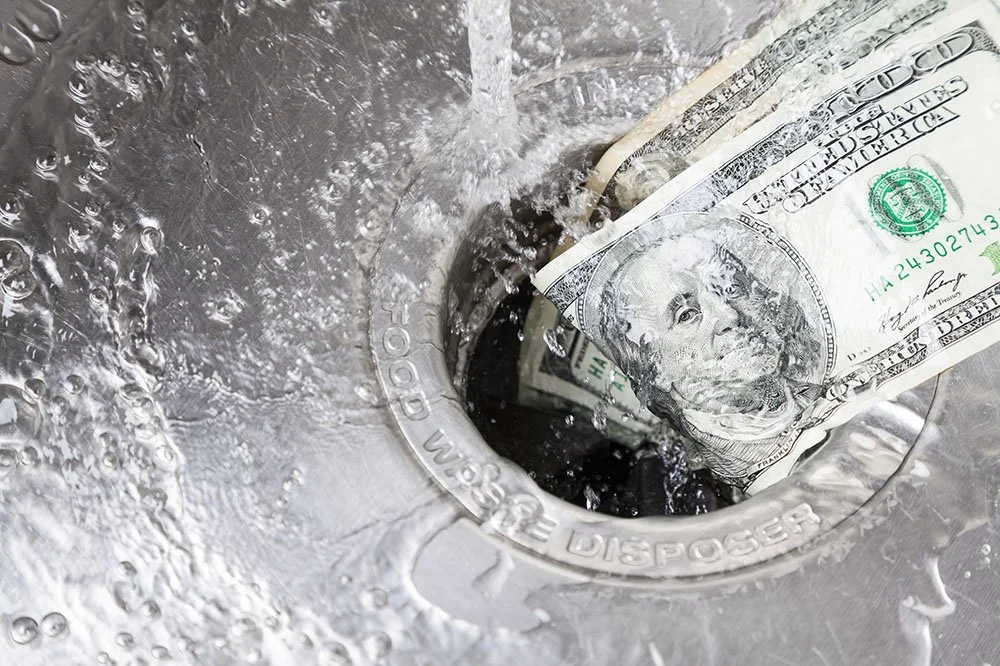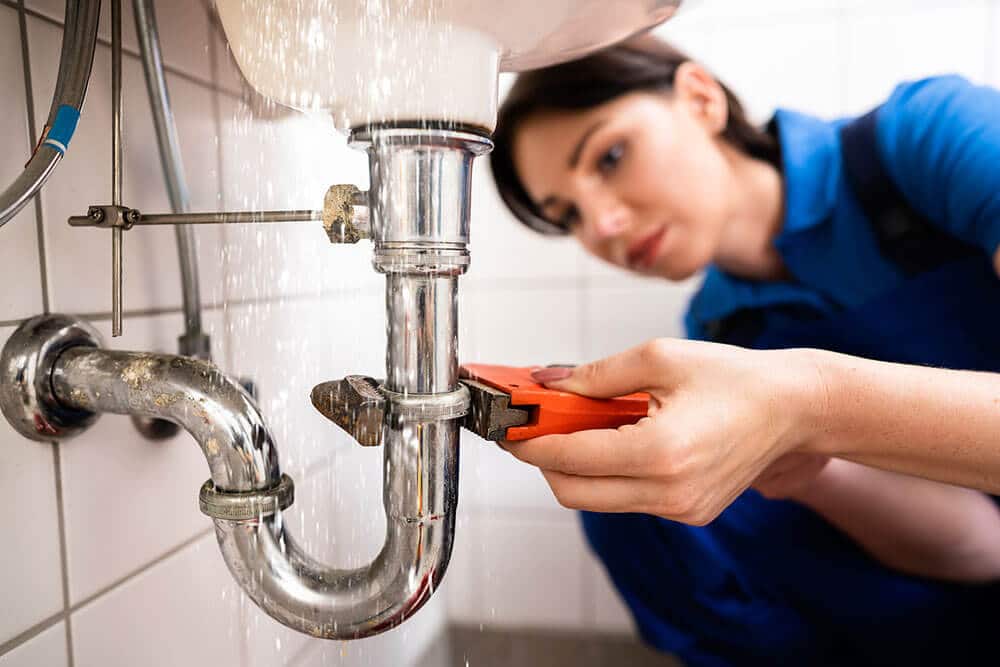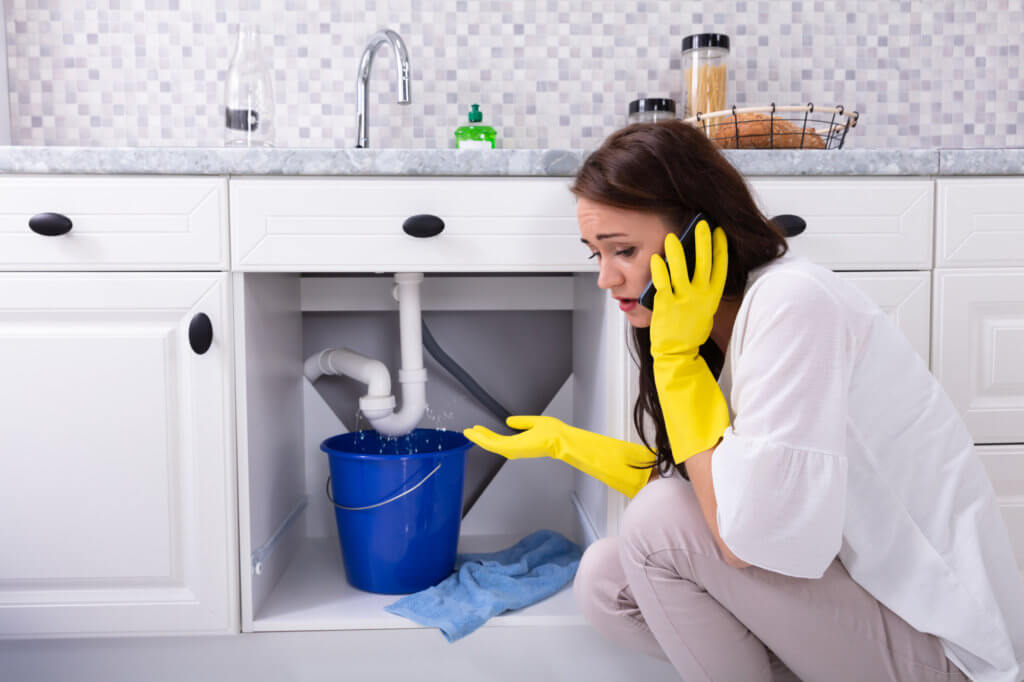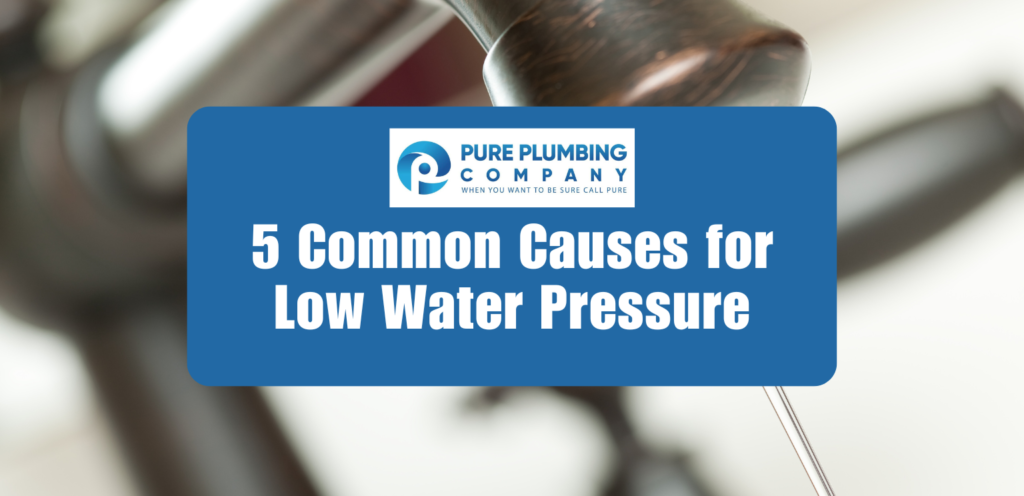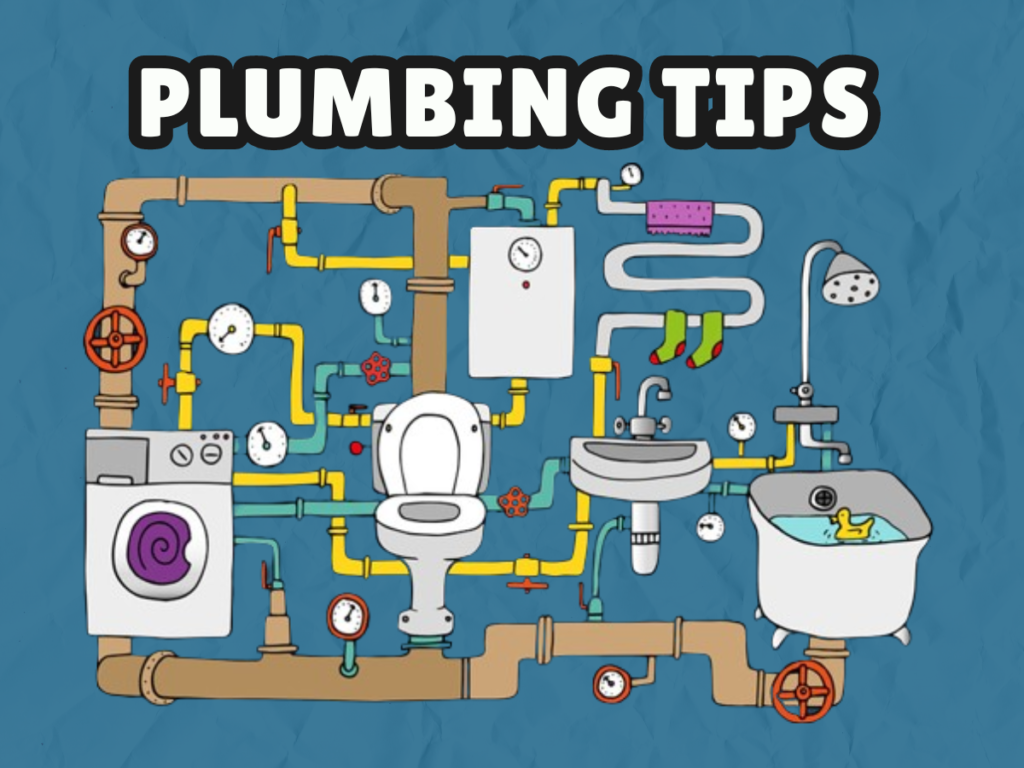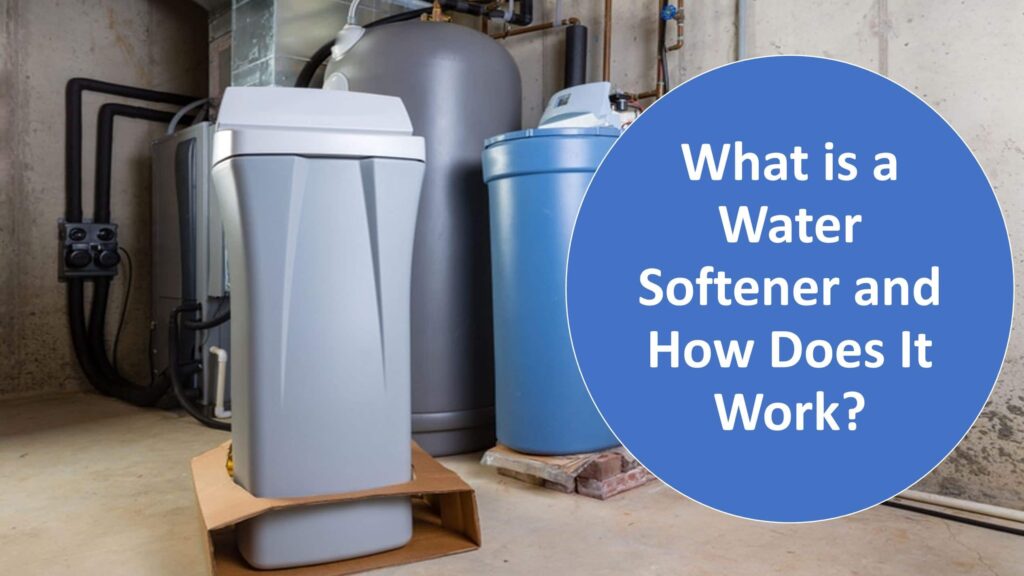Are you perplexed by the sudden surge in your water bill? As a conscientious homeowner or business owner, encountering an unexpected increase in water usage can be alarming. However, fret not; there are several probable causes behind this surge, and understanding them can empower you to take proactive measures to address the issue effectively. In this comprehensive guide, we will delve deep into the myriad factors that could contribute to a high water bill, equipping you with the knowledge to identify, troubleshoot, and resolve the problem.
The Importance of Monitoring Water Usage
Water is a precious resource, and managing its usage efficiently is crucial for both environmental sustainability and cost-effectiveness. Regularly monitoring your water bill and keeping track of your usage patterns can provide valuable insights into your water consumption habits. By staying vigilant, you can detect abnormalities early on and take corrective actions to prevent waste and mitigate excessive costs.
Leaky fixtures and plumbing
Undetected leaks in fixtures, pipes, or plumbing systems represent one of the most common culprits behind high water bills. Even minor leaks, such as dripping faucets or running toilets, can result in significant water loss over time. Conduct a thorough inspection of your property, paying close attention to areas prone to leaks, such as bathrooms, kitchens, and utility rooms. Look for signs of moisture, water stains, or mold growth, and listen for the telltale sound of running water. Promptly repairing or replacing faulty fixtures and addressing plumbing issues can help stem the tide of wasted water and lower your bill.
Faulty Toilet Mechanisms
Toilets are notorious water-wasters, particularly when their internal mechanisms malfunction. A defective flapper valve, fill valve, or flush handle can cause your toilet to run continuously or intermittently, leading to excessive water consumption. To determine if your toilet is leaking, perform a simple dye test by adding food coloring to the tank and observing whether the color seeps into the bowl without flushing. If so, it’s time to replace the faulty components and put an end to the silent water leak.
Irrigation System Inefficiencies
For homeowners with lush lawns or vibrant gardens, an automated irrigation system is a blessing. However, if not properly maintained or calibrated, these systems can contribute to water waste and inflated bills. Inspect your sprinkler heads for damage or misalignment, check for leaks in irrigation pipes or hoses, and review the programming settings on your controller. By ensuring that your irrigation system operates efficiently and waters only when necessary, you can conserve water and rein in your expenses.
Lifestyle Changes and Increased Water Usage
Changes in household habits or activities can also impact your water bill. Hosting guests, accommodating new family members, or engaging in water-intensive tasks such as filling a swimming pool or washing a car can lead to temporary spikes in water consumption. While these variations are expected, it’s essential to be mindful of your water usage and adopt conservation measures where feasible. Simple strategies such as fixing leaks promptly, taking shorter showers, and using water-saving appliances can make a significant difference in the long run.
Seasonal Influences and Weather Patterns
Seasonal fluctuations in water usage are not uncommon, especially during periods of extreme weather conditions. Hot, dry summers may necessitate more frequent lawn watering, while cold winters could lead to increased indoor water usage for heating and hygiene purposes. Additionally, heavy rainfall or drought conditions can impact outdoor water needs and influence irrigation practices. By adjusting your water usage patterns in response to seasonal changes and weather forecasts, you can adapt to prevailing conditions and optimize water efficiency throughout the year.
How to Fix High Water Bills: Actionable Steps
Once you’ve identified the likely causes of your high water bill, take the following steps to address the issue effectively:
- Repair Leaks: Fix any leaks promptly to prevent further water loss.
- Upgrade Fixtures: Consider installing water-efficient fixtures and appliances to reduce water consumption.
- Adjust Irrigation: Optimize your irrigation system for efficiency and water conservation.
- Monitor Usage: Keep track of your water usage and adjust your habits accordingly to minimize waste.
- Conserve Water: Implement conservation measures both indoors and outdoors to reduce overall consumption.
Conclusion
In conclusion, a high water bill is not necessarily cause for panic but rather an opportunity to investigate and address potential issues proactively. By identifying the underlying causes—whether they be leaky fixtures, faulty plumbing, inefficient irrigation systems, lifestyle changes, or seasonal influences—you can take decisive action to reduce water waste, conserve resources, and lower your expenses. Remember to stay vigilant, monitor your water usage regularly, and implement water-saving practices wherever possible. Together, we can protect our planet’s precious water supply and ensure a sustainable future for generations to come.
If you’re in Atlanta and need professional plumbing services, contact Pure Plumbing Company. With years of experience and a team of skilled plumbers, Pure Plumbing Company is dedicated to providing top-notch solutions. Whether you need help with leak repairs, toilet fixes, or irrigation system inspections, their experts have got you covered.


